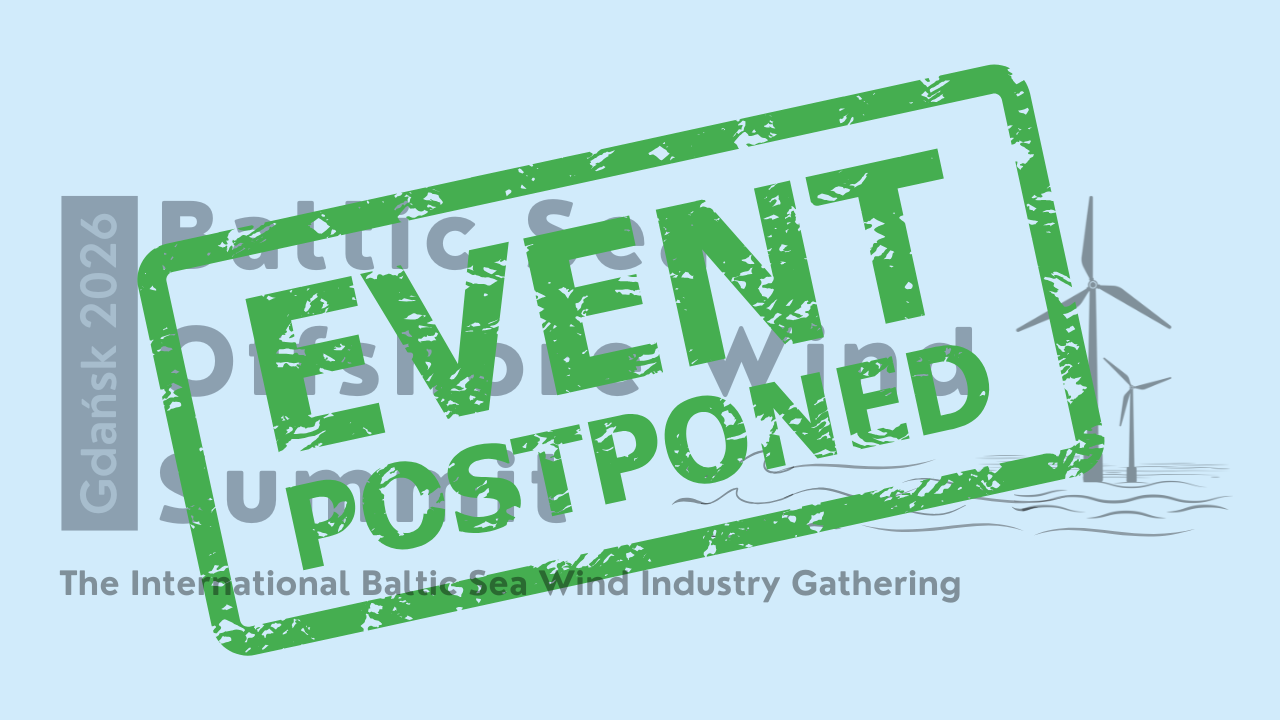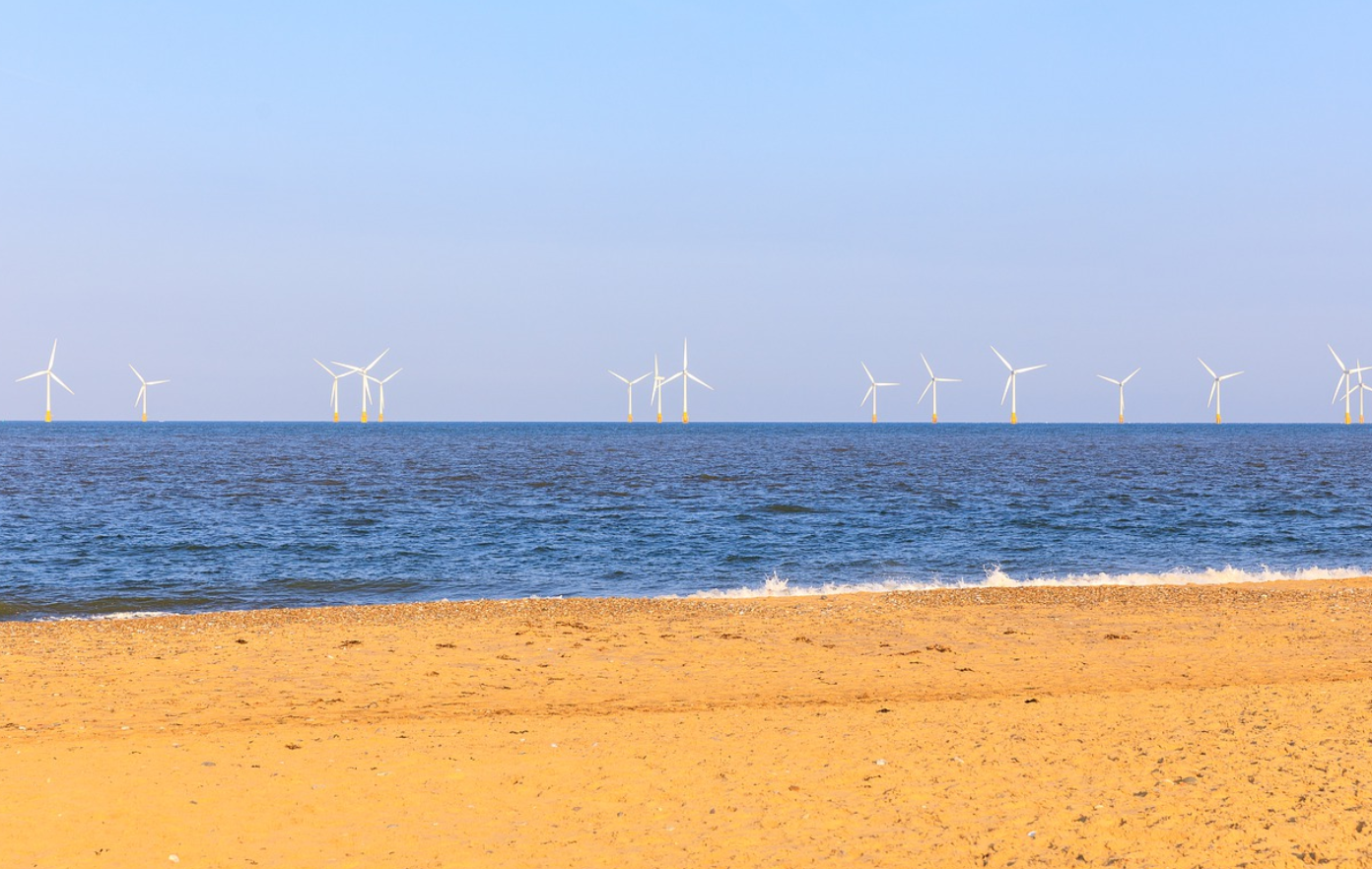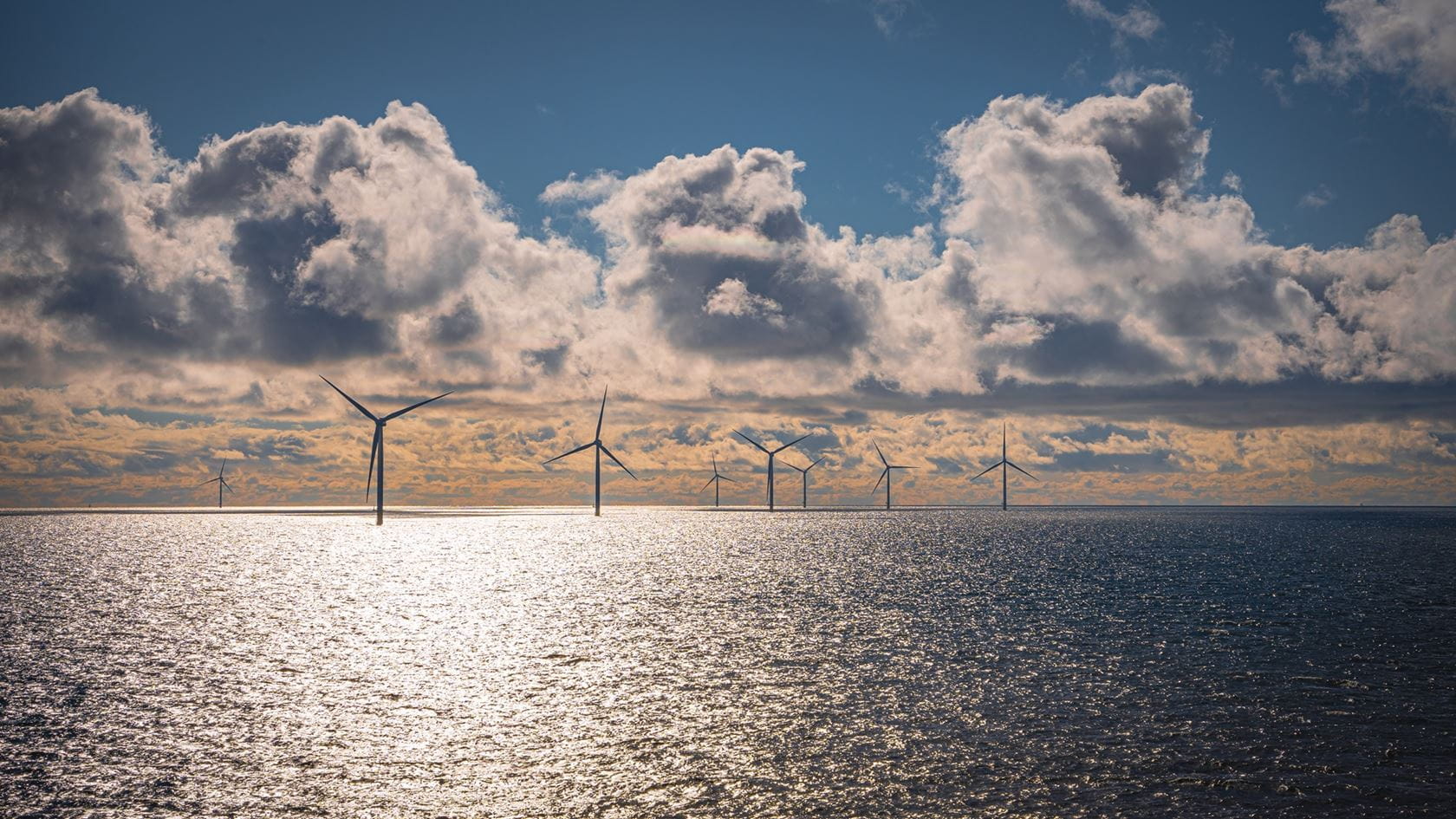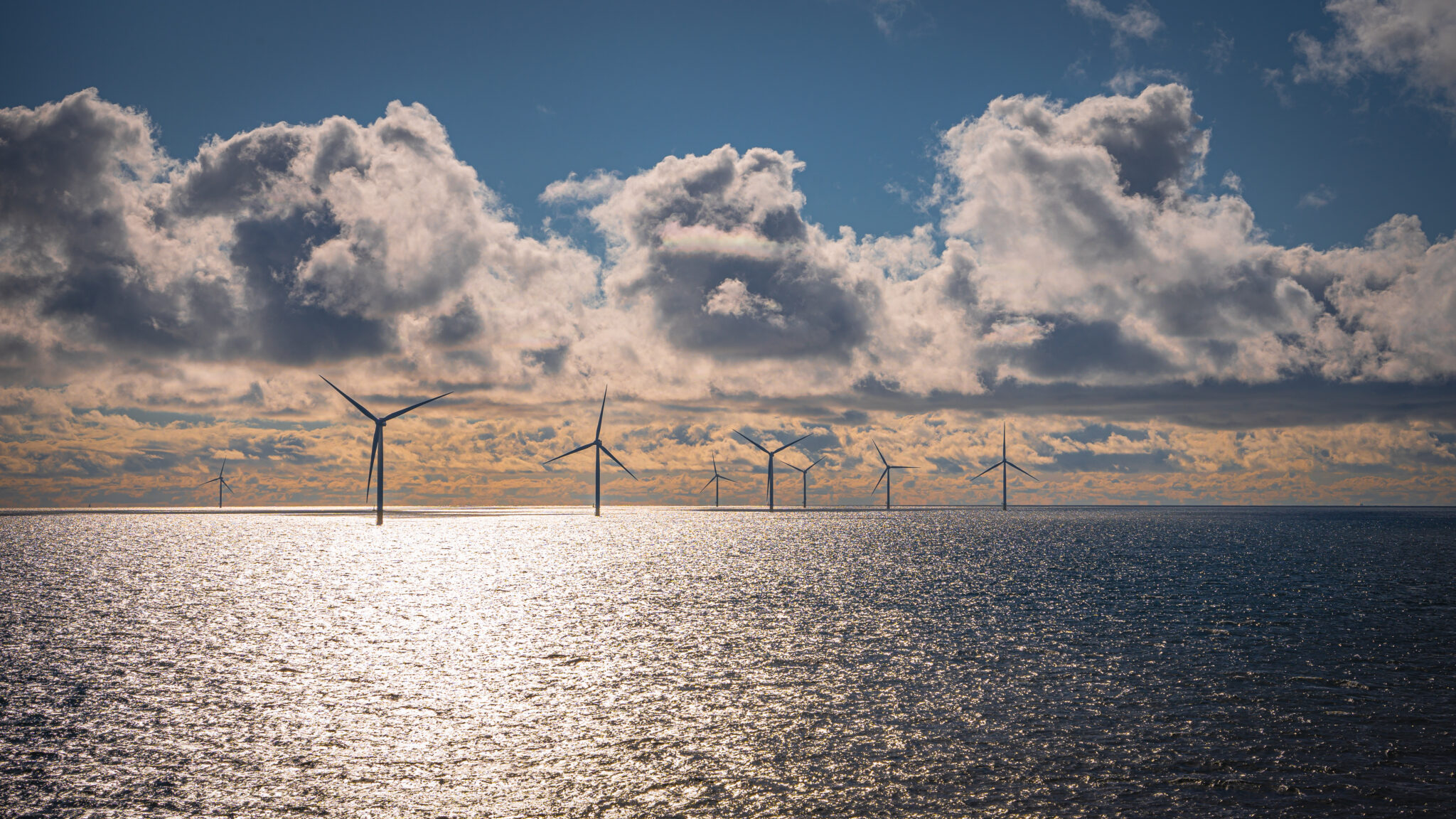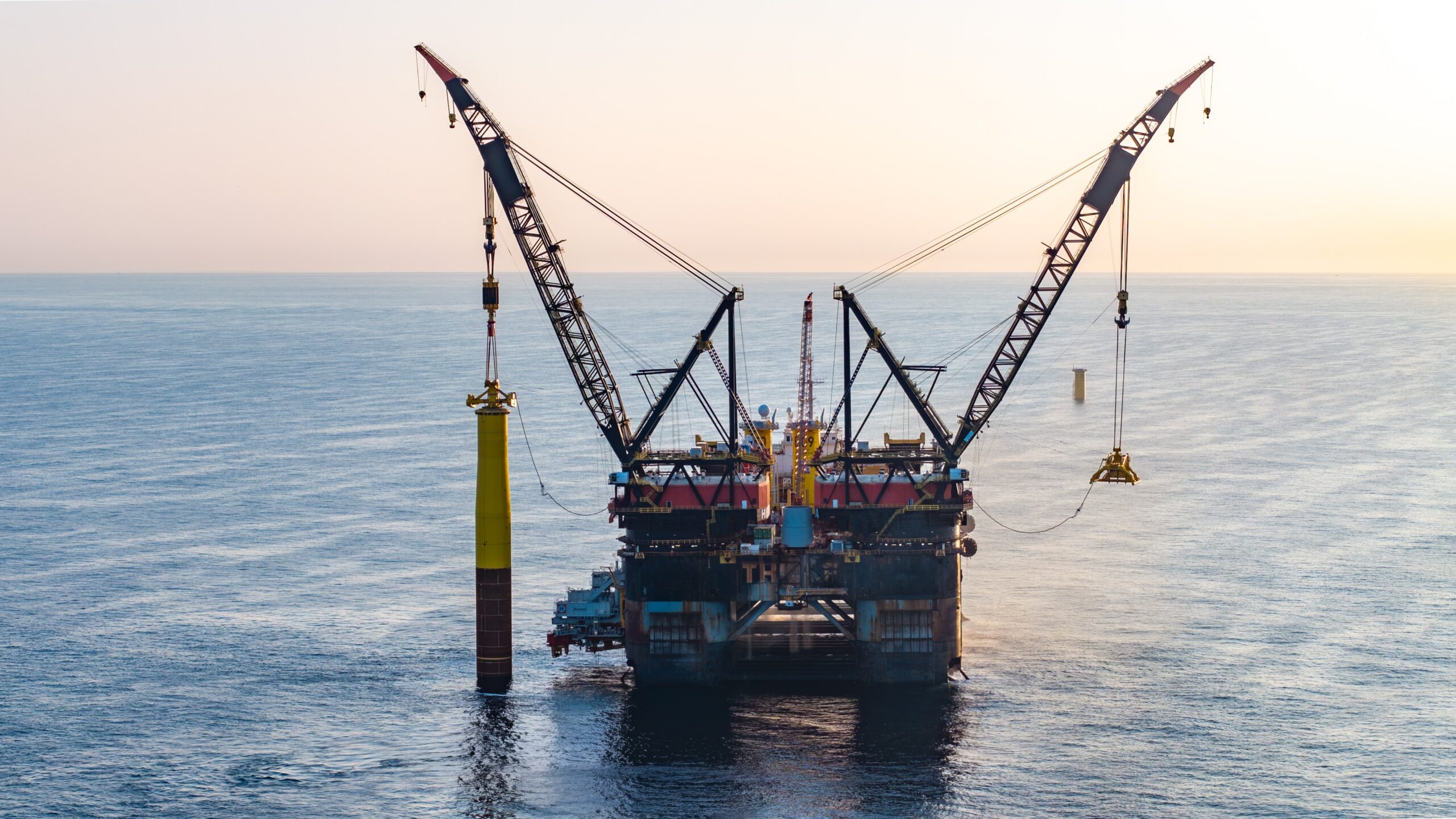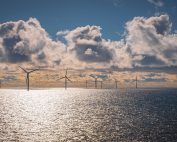On 8 December, there will be a meeting of the Working Group for energy and climate of the CPMR Baltic Sea Commission. The topic of the meeting are the opportunities of offshore wind energy development in the Baltic region. We will be represented at the meeting by Paweł Wróbel, Managing Director of BalticWind.EU, who will talk about the European Union’s plans for offshore wind energy and the implications of it.
The working group meeting will discuss plans for the development of offshore wind energy in the European Union with a focus on the Baltic Sea. Invited guests will present plans for development of wind energy in the context of the EU’s offshore energy strategy adopted in 2020, the publication of the Fit-for-55 package proposal, and the adopted new work programme within the BEMIP.
Let’s recall that the European strategy for the development of offshore wind assumes increasing the capacity of offshore wind farms to at least 60 GW by 2030 and to 300 GW by 2050. According to estimates, the potential is much higher and may even reach 450 GW (Wind Europe). The Baltic Sea will also play a key role in achieving these objectives. The countries of the Baltic Sea region have been developing offshore wind farms in European waters for many years. The undisputed leader are the Danes, who were the first in Europe to install a Vindeby farm in 1991. A lot has changed since then and the last few years have seen a dynamic development of this sector in Europe.
BalticWind.Eu experts repeatedly stress during meetings with decision makers and the industry that the development of offshore wind energy will require close cooperation between countries in the development of wind and transmission infrastructure. Meeting of the Working Group for energy and climate of the CPMR Baltic Sea Commission’s Committee provides an ideal opportunity to explore the prospects for offshore wind cooperation.
CPMR Baltic Sea Commission is an international, independent organisation of sub-national authorities in the Baltic Sea Region. Founded in 1996, the organization places a strong emphasis on territorial work, with each member region represented by leading elected politicians. As we read on the organisation’s website, the Baltic Sea Commission is one of the 6 geographical commissions that make up the Conference of Peripheral and Maritime Regions (CPMR). Members of the Baltic Sea Commission are also members of the CPMR. Both the CPMR and the Baltic Sea Commission regularly cooperate with European institutions, Member States, and other key actors within the framework of the EU Strategy for the Baltic Sea Region.
The main objective of the organisation is to strengthen territorial cohesion. The Baltic Sea Commission has become a forum for policy-oriented cooperation and a platform for regional cooperation in the Baltic Sea Region.


